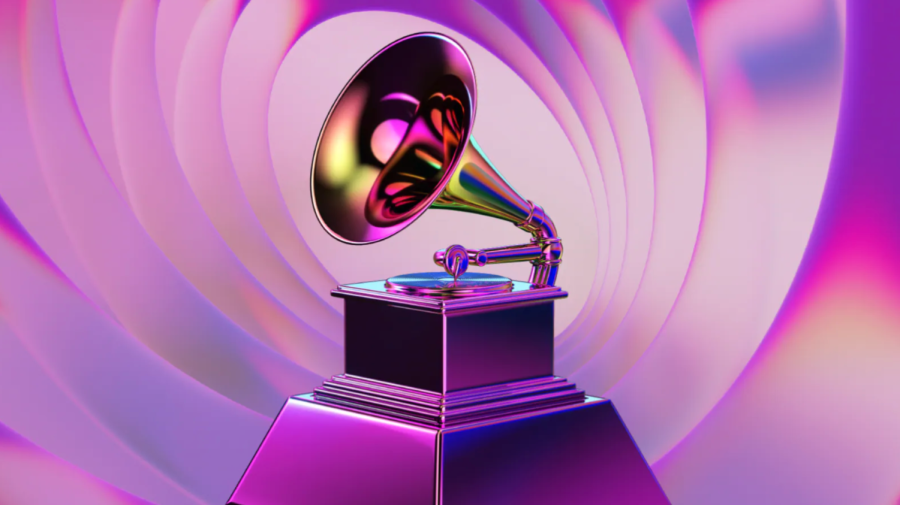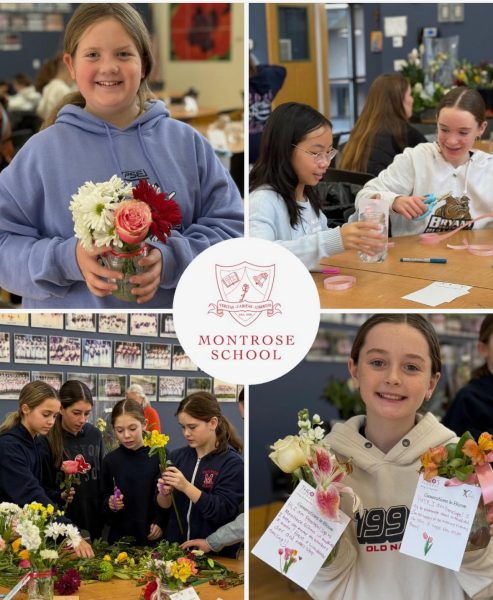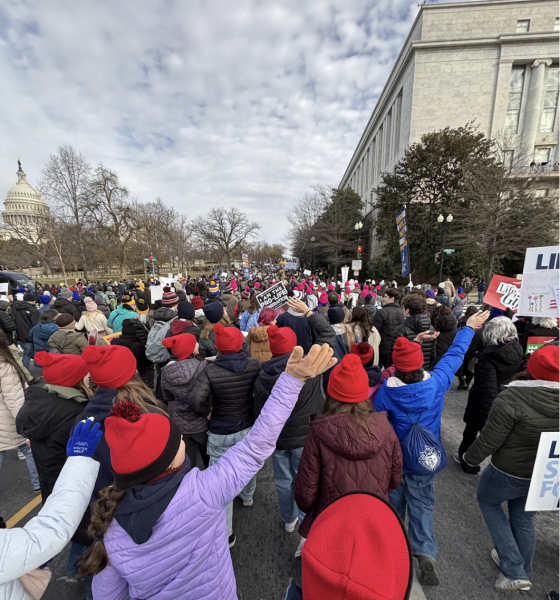The Recording Academy’s 64th Grammys: A Review From a Pop Culture Enthusiast
(Credit: Recording Academy, Grammys.com)
A review of the 64th Grammys: from opinions on award winners, a range of performances, and special guests that made an apperance.
A few Sundays ago, the Recording Academy held their 64th annual Grammy awards, otherwise known as “music’s biggest night.” Originally planned to be held at the end of January as pre-pandemic Grammys were, the Recording Academy once again pushed the show to April 3rd to adhere to Covid precautions. However, unlike last year, the Grammys returned to a larger venue with limited public guests. Hosted again by Trevor Noah in the MGM Grand Garden Arena in Las Vegas, the Grammys this year was a night of high energy performances, emotional award recipients, and, what critics like to call “snubs” as usual.
Trevor Noah opened the night with a comedic reference to the controversial events of the Oscars just a week earlier (thankfully no slaps were slapped and names were kept out of mouths). He briefly introduced the performance lineup as the camera panned over the celeb-studded audience. Every year the Recording Academy seems to have a few artists they pay large recognition to in nominations. This year Jon Batiste led with 11 nominations, Justin Bieber, Doja Cat, and H.E.R with 8 nominations. Olivia Rodrigo and Billie Eilish each had 7 nominations and Lil Nas X had 5 nominations.
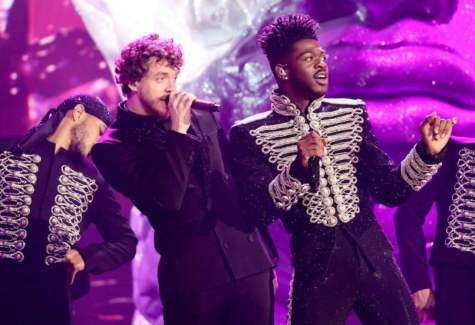
Emotional performances from Olivia Rodrigo’s “Drivers License” to Silk Sonic’s soulful deliverance of “Leave the Door Open,” which took home a total of 4 Grammys by the end of night, opened the show. Later, Billie Eilish performed her latest album’s lead single, “Happier than Ever” which scored her many nominations. As a tribute to the recent death of Taylor Hawkins, the lead drummer in rock band Foo Fighters, Eilish donned a simple T-Shirt with his face on the front. The night was later energized by a Bond-esque rendition of BTS’s hit single ‘Butter’ – nominated for Best Pop Duo/Group Performance – with an introductory sketch of a staged heist as well as intricate laser and jacket choreography. Their performance was followed by Lil Nas X performing a medley of his songs from latest album, Montero, and a finale of his hit “Industry Baby” with Jack Harlow. Performances from H.E.R and Lenny Kravitz, Nas, Lady Gaga, Jon Batiste, Justin Bieber and more kept audience members up on their feet for the remainder of the night.
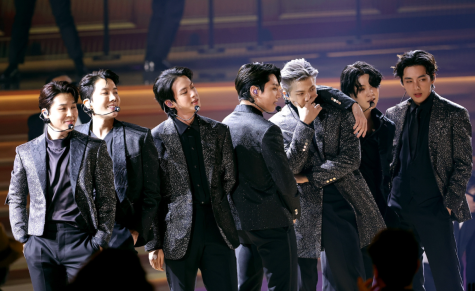
(Credit: Matt Winkelmeyer/Getty Images, Pitchfork)
Perhaps what was most unique to this year’s Grammy awards was the special feature from the Ukrainian president. Given the state of the war between Ukraine and Russia, President Zelensky reminded viewers that: “Our musicians wear body armor instead of tuxedos. They sing to the wounded. In hospitals.” He added that: “the music will break through anyway” and spoke of his country defending its freedom reminding citizens “To live. To love. To sound.” Zelensky implored those listening to “Tell the truth about war. On your social networks. On TV. Support us in any way you can. Any. But not silence.” President Zelensky’s speech was followed by a performance of “Free” by John Legend joined by Ukrainian artists Mika Newton, Lyuba Yakimchuk and Siuzanna Igidan. Along with raising awareness for Ukraine’s need for aid, the Grammys also took time to acknowledge crew workers and individuals who continued to support the music industry over the course of the pandemic across the board, from working tours to teaching music class in elementary schools.
After reviewing last year’s Grammys as well, I was curious to see how certain changes would be implemented regarding the pandemic as well as other factors. The Grammys, especially last year, received massive criticism for not properly acknowledging musicians that made the biggest impact within the year and especially ‘snubbing’ musicians of color when it came to big categories such as Album of the Year, Pop Duo/Group Performance, and more. In the past ‘snubbing’ may have looked like a certain artist winning all the major categories and therefore leaving other deserving nominees empty handed by the end of the night or giving win to songs/artists that fans simply thought didn’t deserve the Grammy as much as others.
Upon receiving such feedback, the Recording Academy eliminated the Nominations Review Committee and allowed Grammy official voters have the final say in category winners. The hope of this drastic change was that winners would be more fairly determined as opposed to a select committee that the public often pointed out was largely composed of older white men and did not have diversity of thought. Additionally, the Recording Academy increased the number of nominees in big categories from 8 to 10 as well as extended the period of submission from September 1st to September 31st in order to allow more musicians and their work to receive recognition.
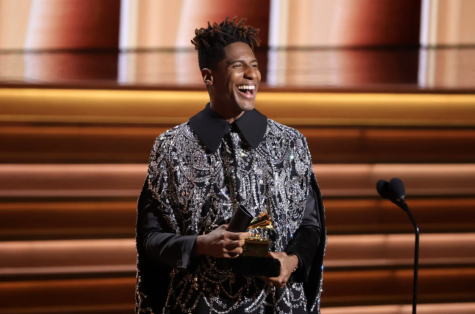
While I certainly thought the Grammys upheld their promise in some categories, their tendency to award certain artists heavily still filtered through. With Jon Batiste holding the most number of nominations (11), many were not surprised at his 4 wins in the pre-show given his musical accolades from co-composing the score for Disney Pixar’s Soul to winning Oscars, Grammys, Golden Globes, and BAFTA awards for his work. However, when his album WE ARE was announced the winner for Album of the Year, perhaps the biggest category of the night, people were astounded to see that it had won over more radio-popular albums such as Doja Cat’s Planet Her, Lil Nas X’s Montero, Taylor Swift’s Evermore, and others. However, upon reflection, myself and others took this to be a step towards the Grammys acknowledging musical impact more broadly. Jon Batiste’s WE ARE serves as a thematic statement of his involvement as a Black artist in the Black Lives Matter protests following George Floyd and Breonna Taylor’s deaths in 2020 and his reflections on the Covid-19 pandemic.
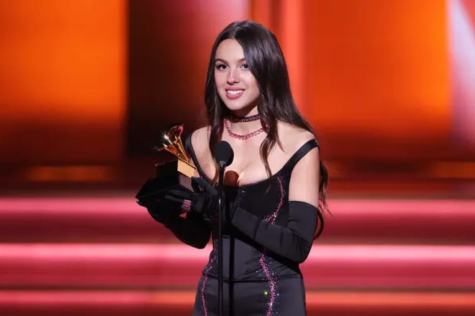
Fans were glad to see his win in Album of the Year, however, other categories were more controversial. With Olivia Rodrigo taking home 3 Grammys – Best New Artist, Best Pop Solo Performance, and Best Pop Vocal Album – many thought her semi-sweep was a deserved accomplishment to her record-breaking work at the age of 18. Others thought her wins across 3 categories, coupled with Silk Sonic’s wins in 2 other major categories (Record of the Year and Song of the Year) ‘snubbed’ other artists. Albums such as Lil Nas X’s Montero, Doja Cat’s Planet Her and Ariana Grande’s Positions did not receive any wins even though they certainly deserved them. Doja Cat however did win Best Pop Duo/Group performance for her collaboration with SZA on single “Kiss Me More.” Again many were thrilled to see the talented musician receive Grammy recognition but others were upset at the loss it meant for boy group BTS. Many claimed history repeating itself as the band was nominated under the same category last year for their hit song “Dynamite” only to lose to a different song. The Grammy’s received heavy criticism for awarding the band only 1 nomination despite the success “Butter” has achieved and were further reproached for ‘snubbing’ them of their Grammy yet again in 2022.
As the Grammy’s continue to modify to become a more broad-minded awards ceremony that reflects the work of various artists, we can hope the viewers receive a result that leaves them more satisfied. At the same time, it is important to remember that the significance of music across all genres transcends winning a Grammy in its ability to connect with listeners emotionally. In his acceptance speech Jon Batiste reminded viewers and fellow artists that: “There is no best musician, best artist, best dancer, best actor. The creative arts are subjective and they reach people at a point in their lives when they need it most. It’s like a song or an album is made and it almost has a radar to find the person when they need it the most.”
For a full list of nominees and winners at the 64th Grammys, visit here.
Spandana Vagwala ‘22, Co Editor-in-Chief
22svagwala@montroseschool.org

